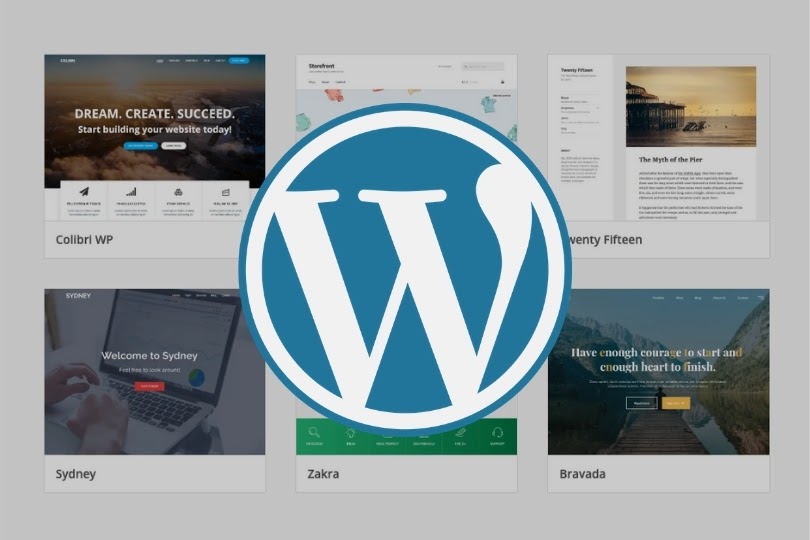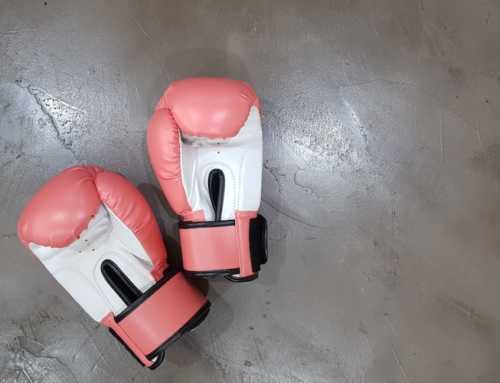The best thing about WordPress is that you can shape and mold your website into pretty much anything. With an experienced WordPress custom theme designer and developer at your disposal, the world of WordPress is your oyster. But choosing the right theme from the start will make your life much easier, and cause you far fewer headaches when it comes to making changes down the line.
- Be prepared to customize
- Choose simplicity
- The lighter the better
- Is it really responsive? REALLY?
- Scan the reviews
- Check when it was last updated
- Ask a WordPress designer/developer to advise you on a theme and whether it’s easily customizable
If there’s one thing that’s for certain, it’s that your perfect website doesn’t exist yet. But that’s a good thing. Your business is unique, and if it were easy to find a theme that meets your brief exactly, well, you’d be pretty unoriginal.
You have 2 choices: choose a theme based on functionality, or design. What’s the best option?
We advise focussing on design. You can always add in functionalities using plugins. WordPress plugins exist for pretty much every possible functionality. Just make sure to choose a theme that’s built to integrate with the plugin you need.
Even if you’re choosing a website based on design, remember that you’re not locked in to using that exact font, those exact colors, etc. You can still customize your chosen WordPress theme, so find a designer/ developer who can make the perfect choices for the look and functionality of your website.
Regardless of your business model, keep it minimal. Everything on your website should have a specific purpose. If you choose a theme with a busy layout, lots of colors, and animations just for the hell of it, then you’ll be hindering your website’s usability. Less is definitely more.
Make sure that the layout is intuitive to use. Your customers are after something, will it be easy for them to find it?
Once you’ve narrowed down your options, you want to choose the lightest theme on your list. The prettiest website might also be the heaviest, and that’s no good. Slow, sluggish websites have a direct impact on users and search engines: neither like to wait around for websites to load. Google, for one, ranks slower websites lower.
It should come as no surprise that roughly half of all web traffic is mobile. Just think of all the restroom breaks, train station waits and browsing with the TV on in the background. It all adds up. Responsive design merely means that the website resizes to be usable on any device.
By now, all WordPress themes you’re likely to come across will be responsive. But that doesn’t mean that they look any good on smaller screens.
Test theme demos for awkward layouts, tiny fonts, difficult navigation. You want your website to be a great experience for everyone no matter what device they’re using.
By now your list should be whittled down substantially. Now it’s time to check the reviews for the themes on your shortlist. What’s the gossip? Make sure you click through to see the latest reviews. What are people saying?
It’s also a good idea to check the one-star and two-star reviews. What are people having problems with? A theme that works well for most people might not integrate well with a plugin that you’re planning to use. Get a good overview of people’s opinions – the good and the bad.
WordPress changes its software more regularly than you change your underpants… well not quite. But it changes a lot to improve its security features, usability, and functionality. You need to make sure that the developer behind your chosen theme is keeping on top of all the changes. If the last update was over 6 months ago then that’s not a good sign.
Unless you are prepared to dedicate a lot of your own time, energy, and patience to customizing your WordPress website yourself, it’s a good idea to get a pro to help you decide on the right theme for your business. If you get help from the start it will save you billable hours later down the line.
We’ve specified here a designer/developer because the two come hand in hand. If your website looks great but doesn’t function well, you’ll lose clients. If your website functions well but looks terrible, you’ll lose clients. In fact, there’s even more to it than that – the content of your website also needs to fit with your design, and communicate your business effectively.
We take a much more holistic approach to your virtual environment. Your website is just part of your strategy to gain customers and clients. It needs to not just co-exist with your other communication channels, it needs to enhance them, and together they all need to enhance what we term your “business language”.
If you want to maximize the effectiveness of your website and increase its value for your business, get in touch.





